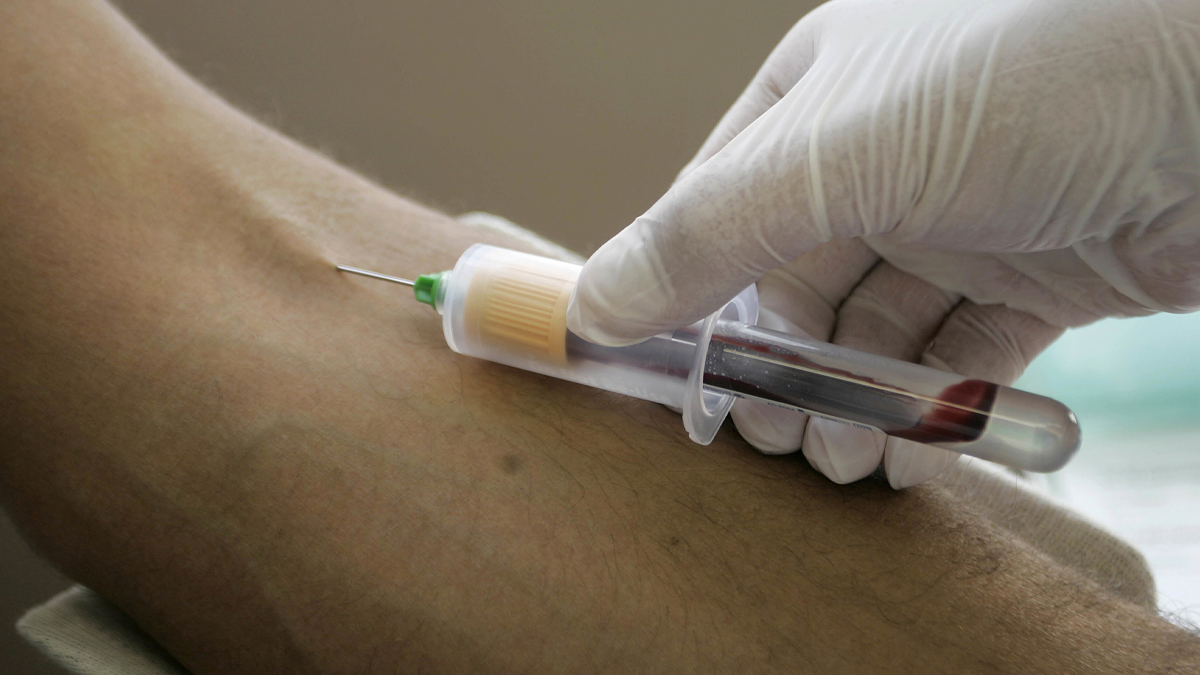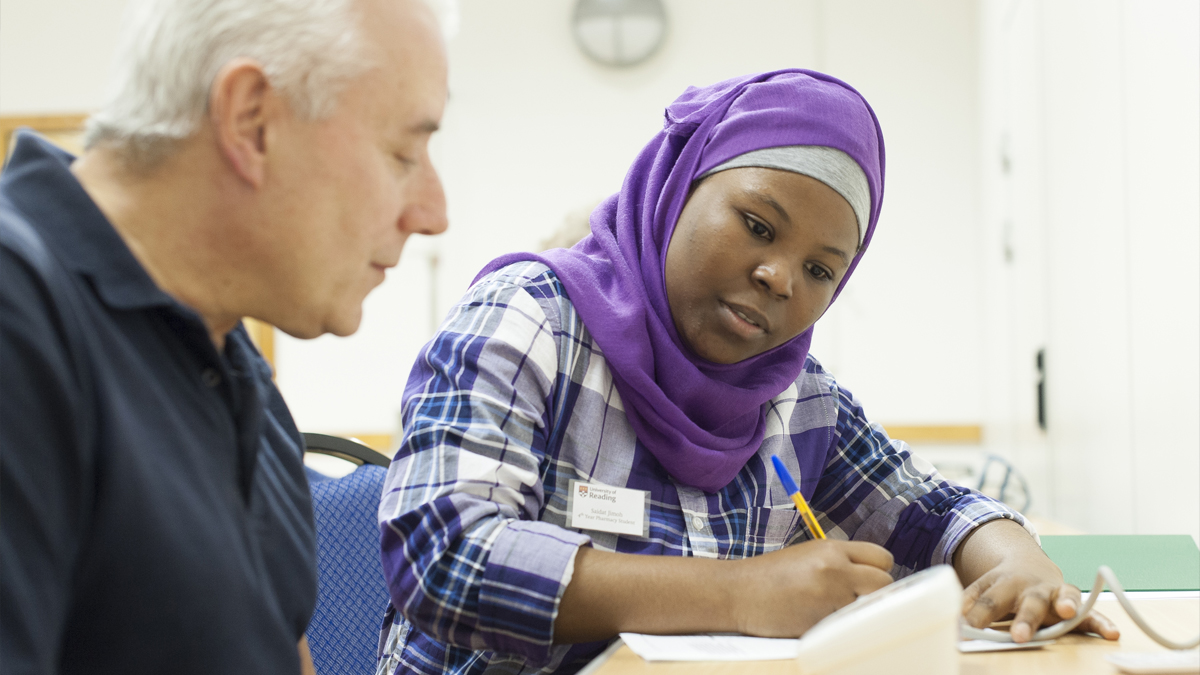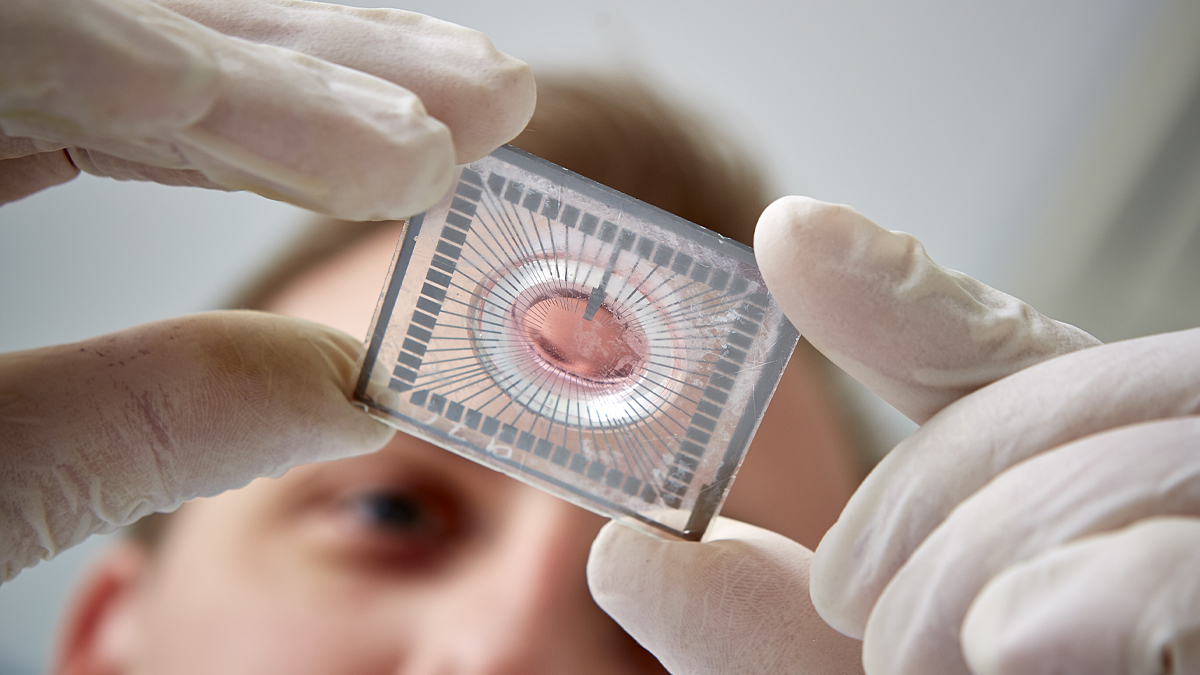Like all our Physician Associate students, Tanya Ali had secured a job by the time she'd graduated. This was helped by the connections made during her studies, where she carried out various placements and made a great impression on her colleagues.
Tanya studied her undergraduate degree in Biomedical Science as she was always interested in science - particularly human anatomy and physiology - and how disease can affect humans. Her final year was spent in the laboratory working on her research project, where she realised she craved a more patient-facing future.
She discovered the Physician Associate programme at Reading and realised it was exactly what she was looking for. She particularly enjoyed the wide range of placements available, and the variety this brought to her time at Reading.
"I spent the majority of my time in hospital rotating around various specialities, which gave me a good feel for how each speciality operates, enabled me to see many patients and built up my transferable skills. I also carried out a placement in General Practice, which appealed to me the most. PAs are trained to be generalists, so General Practice is the perfect workplace as each patient case is different - you never see the same thing twice in one day!"
Tanya's placement was with Dr Amit Sharma in Brookside Group Practice in Reading, where she became part of the multidisciplinary team. She enjoyed it so much that she applied for a job while still studying - midway through her final year.
"I really enjoy my job and I'm so grateful that I get to work with such a fantastic and supportive group of clinicians - nothing is ever too much trouble, everyone is just so willing to help out when you need it."
Tanya sees the benefits to working in General Practice.
"It's great to be able to build a rapport with patients - you really get to know them, which creates continuity of care and allows me to follow through each case and intervene where clinically appropriate - saving potential complication."
A new part of Tanya's job is to monitor the pathology results for each clinician.
"Occasionally there have been cases where blood results reflect that someone is fairly ill, and needs intervention sooner rather than later - it is my job to act accordingly and flag this with a supervising doctor."
It's no surprise then that 100% of our PA graduates have found jobs within the NHS - PAs are in high demand, and for good reason.
"Our aim is to plug any gap between doctors and nurses - we help them by seeing a large variety of patients, which frees up time for GPs to see the more complex cases."
PAs are also trained to carry out a variety of procedures from venepuncture (taking blood) and simple skin suturing, to commencing oxygen (under doctor advice and prescription) and CPR. These can be exceptionally helpful in an emergency situation.
Tanya has a final piece of advice to those considering becoming a Physician Associate:
"This is a very intense degree. However, the learning opportunities are plentiful, and scope for jobs, further learning and development are exceptional. Go for it!"



